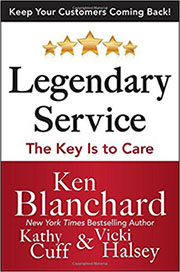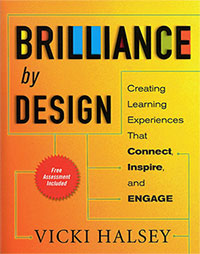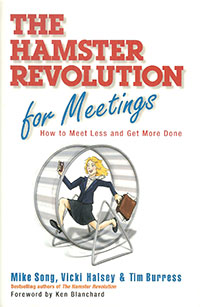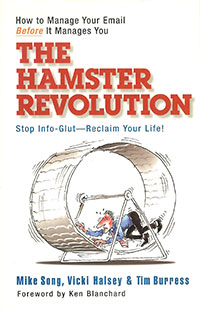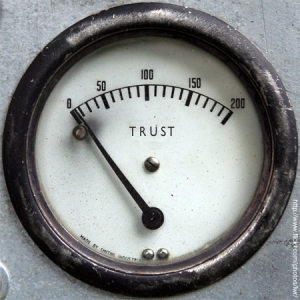 “I don’t know why, but I can’t bring myself to trust people,” the person said to me in a private conversation after a workshop on building trust. “Every time I’ve trusted people in the past I’ve been let down, so now it’s easier and less painful to just rely on myself.”
“I don’t know why, but I can’t bring myself to trust people,” the person said to me in a private conversation after a workshop on building trust. “Every time I’ve trusted people in the past I’ve been let down, so now it’s easier and less painful to just rely on myself.”
Maybe you feel similarly, and even if you don’t, you’ve probably experienced broken trust in a past relationship that has caused you to question whether or not it’s worth trusting again. When you find yourself struggling to decide whether or not to trust someone, it’s important to figure out the reasons why.
Here’s three common reasons that hold you back from trusting others:
1. You have a low propensity to trust – Our propensity to trust is based on many factors, chief among them being our personality, early childhood role models and experiences, beliefs and values, culture, self-awareness and emotional maturity. The combination of these factors and experiences shapes how quickly, and how much trust we extend to others. Your experiences may have resulted in you viewing trust as something to be earned, not given, so therefore you withhold trust from others until you’re absolutely sure they deserve it. Even then, you may only extend trust grudgingly or in small amounts. Having a low propensity to trust can hold you back from experiencing true joy and fulfillment in relationships.
2. You have unrealistic expectations – Unrealistic, unspoken, and unclear expectations are a primary cause for low or broken trust in relationships, and the higher the expectations the more likely it is they won’t be met. Trust usually isn’t something people openly talk about or address in relationships until it’s been broken, and by then it’s often too late to salvage the relationship or the breach of trust seems too big to overcome. Clarifying expectations is preventative medicine when it comes to trust. It’s much better to have the awkward or uncomfortable discussion up front about roles, responsibilities, and expectations, than it is to deal with the fallout when either party falls short.
3. Past hurts hold you back – Hurt people, hurt people…those who have been hurt by broken relationships in the past often hurt other people in a dysfunctional form of self-protection. Whether it’s unnecessarily withholding trust (see #1), having unrealistic expectations of others (see #2), being trapped in a victim mentality, lashing out at others, or operating out of low self-esteem, our past experiences with broken trust can easily derail us from developing healthy, high-trust relationships. It’s critical to not let our past hurts dictate our present relationships. As Sue Augustine, author of When Your Past Is Hurting Your Present says, “You may not be able to control what happens to you, but you can control what happens within you.”
Trust is as vital to healthy relationships as oxygen is to a scuba diver; survival is impossible without it. Whether it’s a naturally low propensity to trust, having unrealistic expectations, or letting our past hurts hold us back from trusting others, we have to move beyond these reasons if we want to have trust-filled relationships in the future. Look for an upcoming post on how to improve your “trust-ability” – the ability to trust others.
Feel free to share your thoughts and comments. What other reasons cause you to withhold trust from people?
Read more http://leadingwithtrust.com/2014/01/12/4-reasons-you-dont-trust-people-and-what-to-do-about-it/


